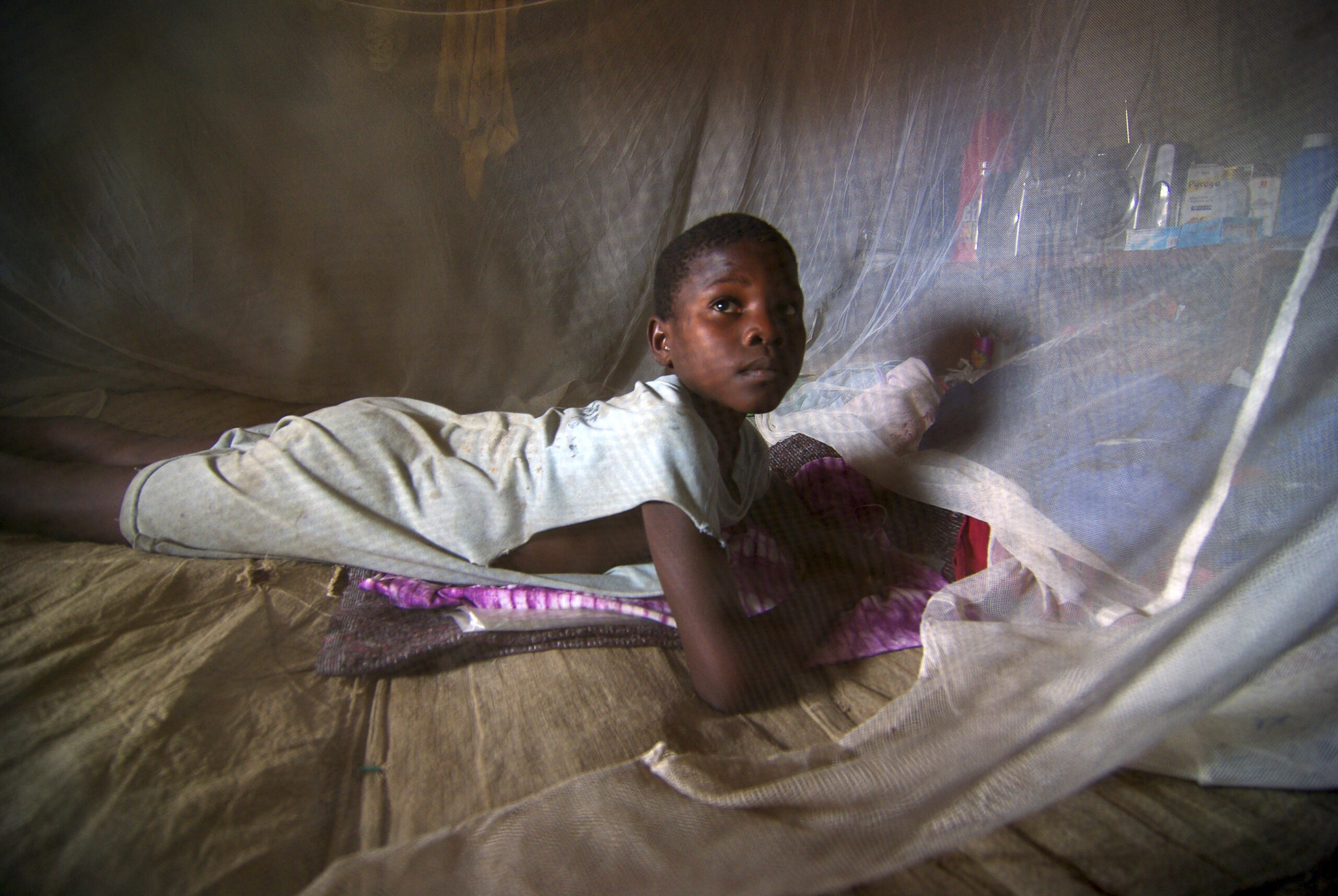
United Kingdom gives $59 million to Uganda to fight malaria

The United Kingdom’s Department for International Development (DfID) has launched a new $59 million (about Shs215b) programme to tackle malaria in Uganda.
The DfID head Officer, Ms Jennie Barugh, said that the UK government will over the next five years invest about Shs215b in a programme that will avert at least 11,056 deaths of children under five, local online website, the Daily Monitor reports.
Ms Barugh further stated that the new programme will prevent more than 989,000 malaria cases, thus contributing to the UK government’s priority on tackling maternal and child deaths.
Ms Barugh said the interventions will include support to IRS and integrated case management of malaria, diarrhea and pneumonia, the report said.
She applauded the country’s Ministry of Health for its leadership in the fight against malaria but said some of the challenges have persisted.
“since 2006, the United States government through USAID/Presidential Malaria Initiative has supported IRS in Uganda, starting with the districts of Kabale (two rounds) and Kanungu (one round). Between 2008 and 2014, USAID supported IRS in 10 northern Uganda districts,” said the head of the National Malaria Control Programme, Dr Jimmy Opigo.
Dr Opigo said that IRS intervention had greatly reduced the malaria burden with several districts reporting a reduction in the number of outpatient attendances.
The 2015 Uganda National Malaria Survey indicated that prevalence reduced from 45 per cent in 2009 to 19 per cent in 2015, the report said.
According to Dr Opigo, malaria remains the leading cause of illness and deaths, accounting for 30-50 per cent of outpatient visits at health facilities and 15-20 per cent of all hospital admissions.
According to a United Nation report, between 2000 and 2015, malaria mortality rates in Africa fell by 66% among all age groups.
Among children under five, who are the most vulnerable to the disease, fatalities fell by 71%, from 694,000 to 292,000 deaths, during the same period.






